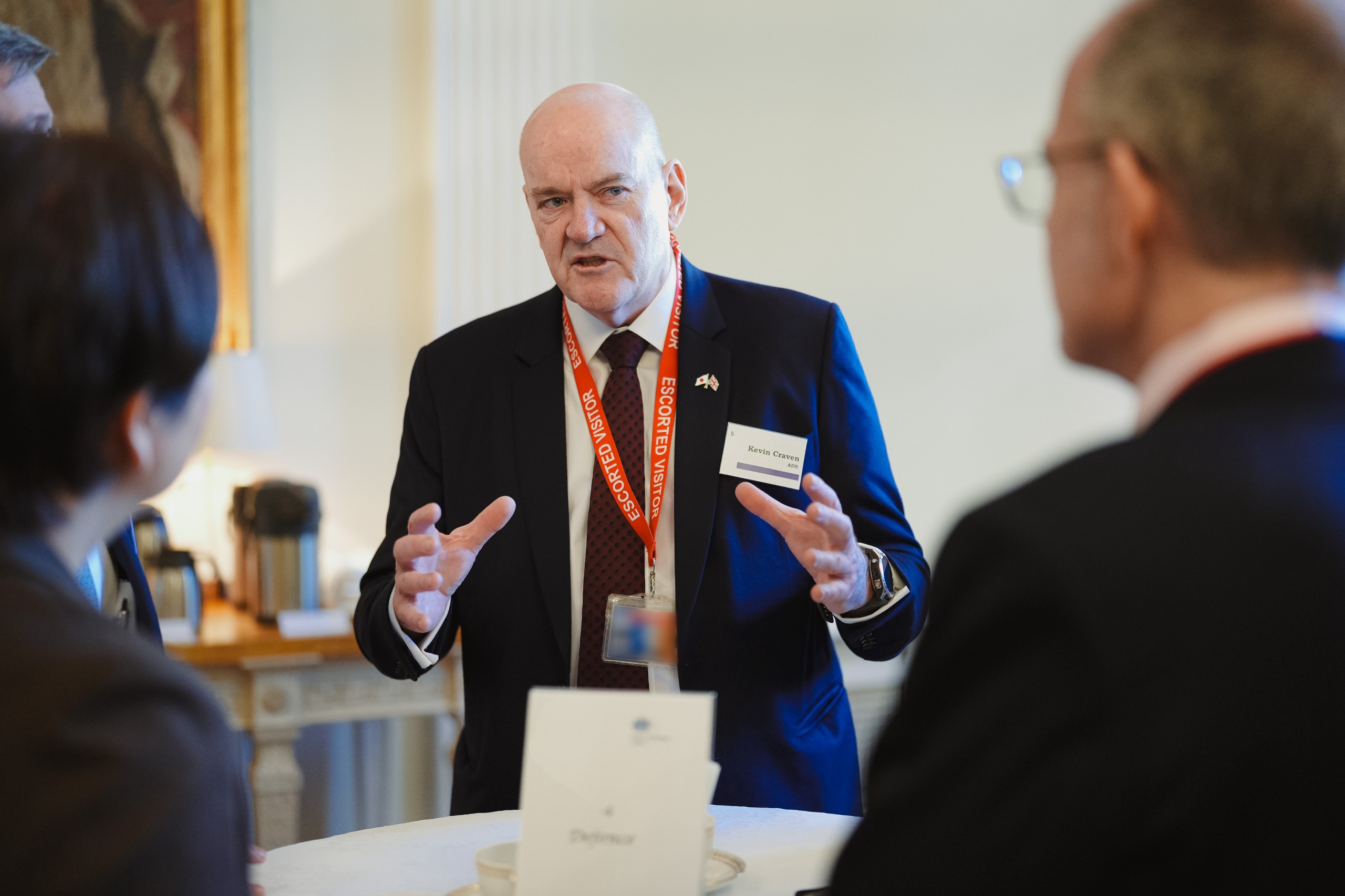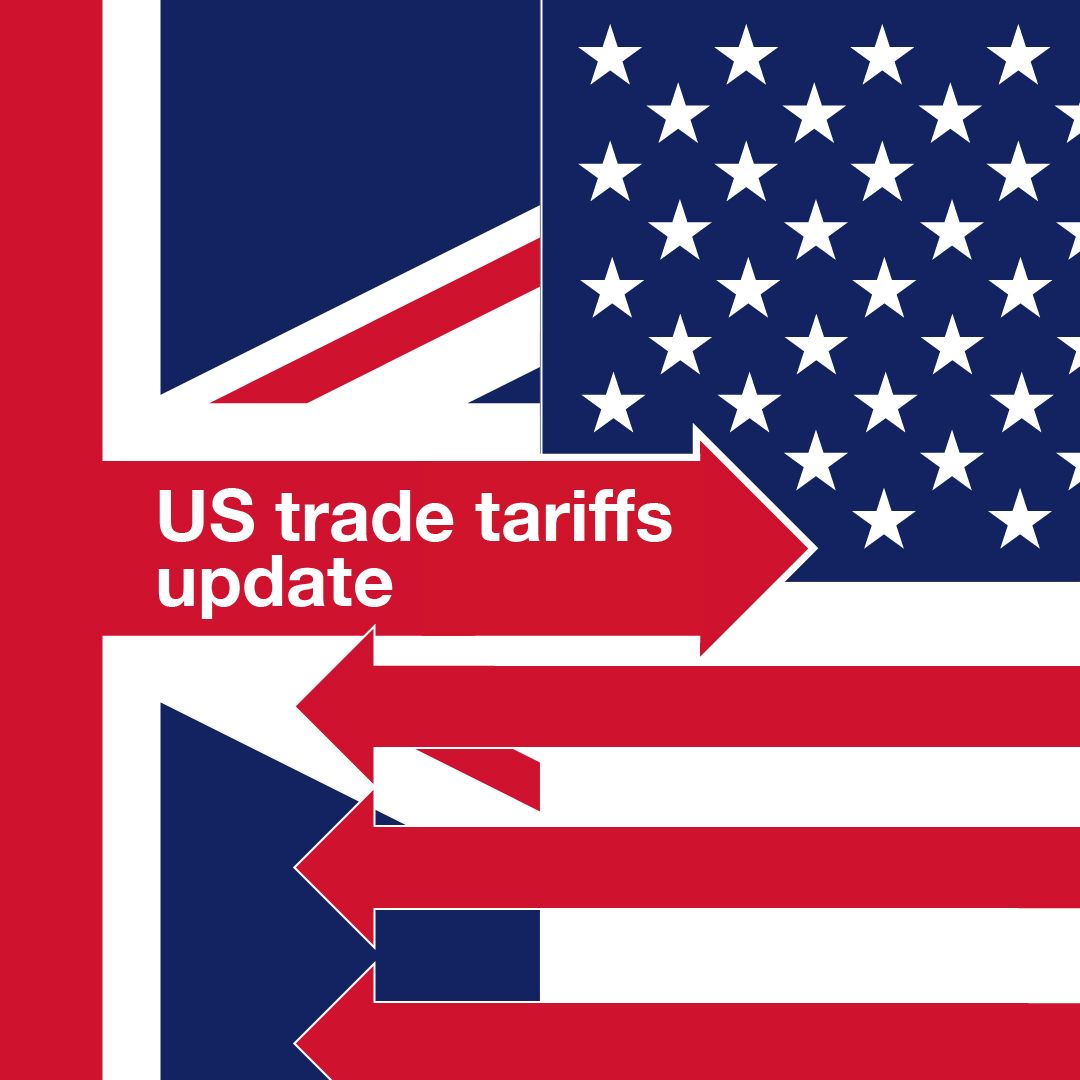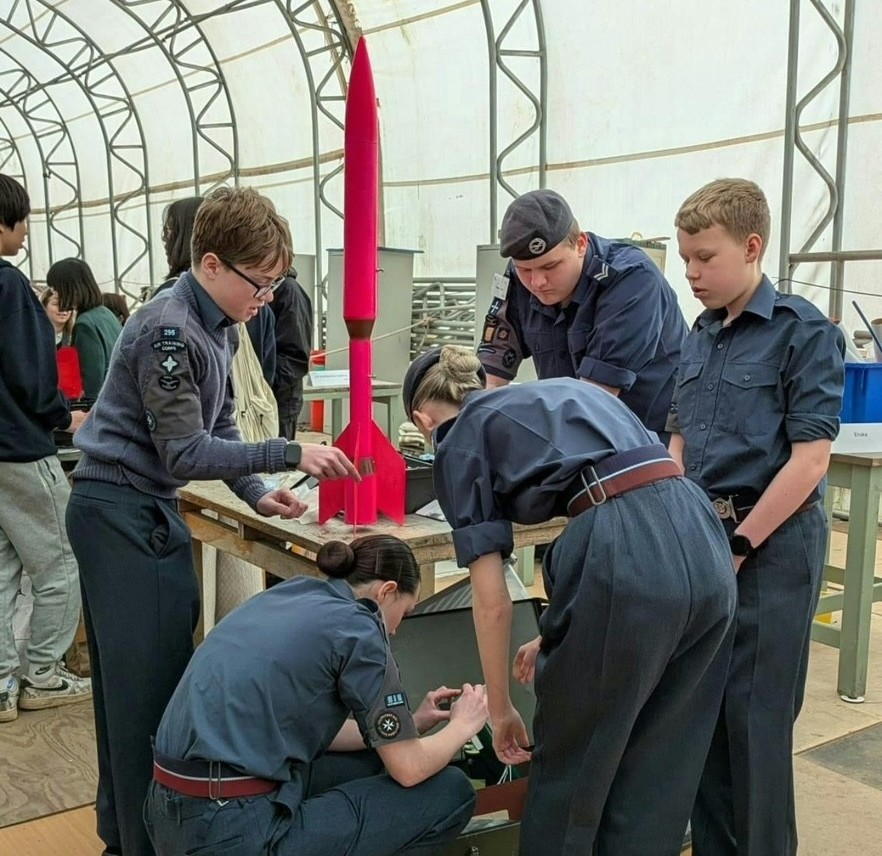
Good evening, ladies and gentlemen, and thank you for joining us at the ADS Annual Dinner. Fifteen years since this event first took place, it is, as always, it is a pleasure to welcome you. On behalf of ADS and our staff, we thank you for your continued support.
The world, as we know it, looks very different to the last time we met. Oasis are back together, the Olympics took the world by storm, and, most crucially, in a shocking turn of events, England lost yet another international football final.
Those milestone events aside, we entered 2025 following another tumultuous year – with 2025 being one that holds significant opportunity for our sectors.
More than half of the world’s population has experienced an election in the last 12 months.
The International Monetary Fund is projecting lower than average global growth.
The geopolitical shift we have all observed has affected life as we know it.
The UN has stated that current progress falls far short of what is required to meet the United Sustainable Development Goals.
No organisation – whether it is government, industry or academia – can afford to be passive if it wants to achieve growth, national security and sustainability simultaneously.
A long term, coordinated approach is needed to ensure the UK rightly retains our global leadership in aerospace, defence, security and space – the powerhouses of advanced manufacturing and innovative services.
In the UK, we do not have to pick our winners,
Our sectors are world leading already.
Each and every organisation in this room has had a role in the 50 per cent growth in economic value add that aerospace, defence, security and space have delivered in the last ten years.
That includes, by the way, micro and smaller enterprises at the top end of innovative and enterprising engineering, as well as those bigger players that deliver the larger, perhaps more recognisable platforms that we see in our daily lives.
The aerospace and defence sectors, for example, share dual use technological innovations that enable economies of scale, enhance competitiveness and keep us safe. Despite what you may have heard on the way in, we are not the bad guys.
The space and security industries, too, act as enabling sectors, with technologies like GPS and secure networks underpinning day to day life almost every moment – whether we realise it, or not.
Against a backdrop of many years of anaemic national growth – with more forecast – the Government’s single-minded mission in pursuit of economic growth is necessary. Without the appropriate plan and focus on execution, however, our growth potential remains untapped.
Of course prosperity cannot be sustainably delivered through governmental action alone and nor should it be, but we offer instead partnership that unlocks the full potential of our sectors.
It will be good to see confirmation of that from the Industrial Strategy – and how it will shore up our strategic national assets.
The Industrial Strategy Green Paper – and all of the myriad consultations that have been announced by this government – are hugely valuable, though time consuming exercises – that recognise the importance of our sectors in fuelling national strategic planning, economic growth, and developing our workforce of tomorrow.
This is what we hope it contains.
- A plan for innovative financing solutions
- A plan for agile regulation
- A plan for people sustainability
If I may, I will explore what each of those look like in turn before I hand over to our political guest of honour.
The Industrial Strategy must provide a plan for innovative financing solutions
That not only provides critical support for businesses large and small, but also creates a stable business environment that welcomes private investment. We do not yet have the right conditions to improve the capital flows in our sector, particularly for our small and medium size business.
Recognising and leveraging our cross-sectoral links will enable the UK to amplify its strengths, secure foreign investment, and strengthen its industrial foundations.
To achieve this, we must create formal structures for coordination not only across government departments but also with existing successful industry-government initiatives, most notably our sector Growth Partnerships. Space is a desperate example of this not happening just yet.
A plan for agile regulation
Balancing safety and innovation, with agile frameworks that facilitate the deployment of emerging technologies.
A strategic focus on shaping consolidated and simplified innovation ecosystems, supported by targeted government policies, will ensure industry and academia can maintain the UK’s strategic advantage and cement the UK’s leadership in critical areas such as artificial intelligence, quantum computing, and advanced materials.
Incorporating advanced analytics and AI into public services will also boost productivity at a time of fiscal restraint.
A plan for people sustainability
Including reforms that simplify routes to skills funding, new workforce mobility measures and localised initiatives that match skills pipelines to regional economic needs.
Across the four corners of the UK, aerospace, defence, security and space are driving innovation and prosperity.
Our industries often serve as the primary employers in rural regions, offering skilled, well-paid jobs. Investing in infrastructure, transport, schools, and local skills initiatives will enhance these efforts.
Underpinning all of our thinking is a desire for a long term approach – one that extends beyond single parliamentary terms – that puts the safety, security and prosperity of our nation first through shoring up our strategic industries.
I do acknowledge the strong support we have received from the PM, Secretaries of State and government Ministers and it would be remiss of me to not highlight the strong show of support, understanding and listening that our next guest has provided us.
The Secretaries of State we have worked with under this government have been unwavering in their support of our industries, they have listened to our frustrations, they are actively seeking solutions and they are aware of the value our sectors bring.
And it is time to hand over to someone who has long been a supporter of our sectors.
At last year’s annual dinner, then-Shadow Secretary John Healey spoke of his recognition of the vital role that industry plays as a military enabler.
Recent events – including the UK’s landmark 100 Year Partnership with the Ukraine – have brought this home.
To that end
Ladies and Gentlemen, in his inaugural Defence of the Realm address, it gives me great pleasure to welcome the Secretary of State for Defence.





